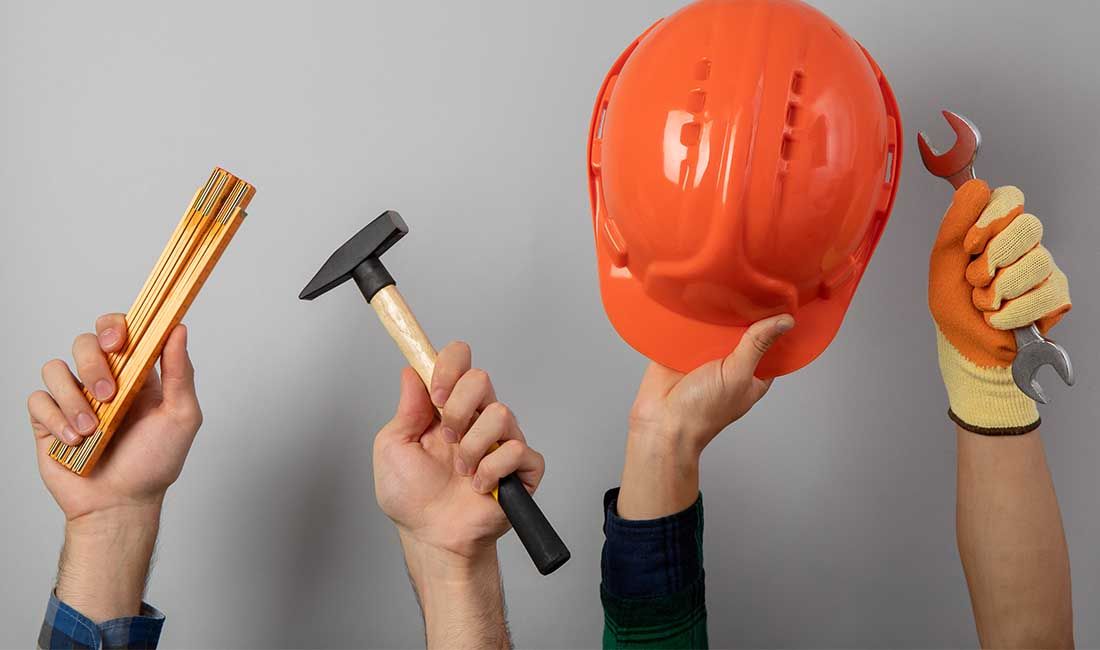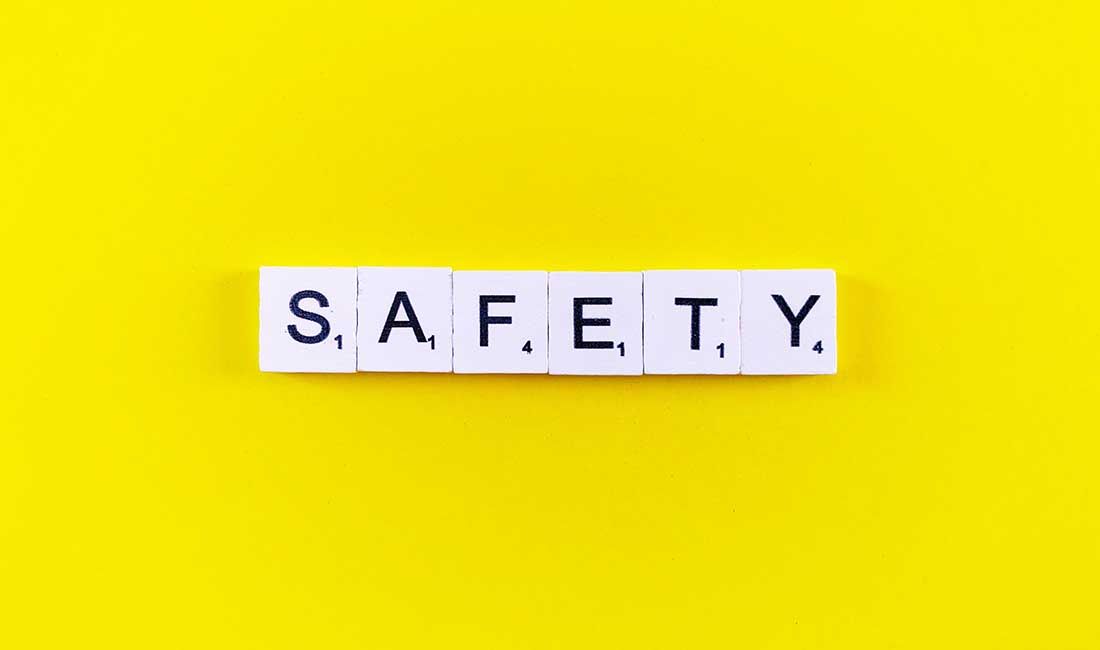Musculoskeletal Disorders in Catering

| W.E.U Admin | Workplace Wellbeing
TAGS: Catering, Health, Safety
On this page you will find advice on what to do to reduce the risk of suffering from a musculoskeletal disorder or injury in the catering and hospitality sector. For more detailed information, visit our in-depth guide.
What You Must Do
As well as carrying out the general risk assessment requirements set out in the Management Regulations, you are required by the Manual Handling Operations Regulations 1992 (as amended) to:
- Avoid the need for hazardous manual handling, so far as is reasonably practicable;
- Assess the risk of injury from any hazardous manual handling that can’t be avoided;
- Reduce the risk of injury from hazardous manual handling, so far as is reasonably practicable.
Your risk assessment should cover all standard operations, including cleaning and maintenance activities, and should reflect how the work is actually done. Focus on the task, load, working environment, and individual capability.
What You Should Know
Back pain and other aches arising from manual handling are the most common type of occupational ill health in the UK. In kitchens, many tasks—without proper controls—can cause back pain or upper limb injuries affecting hands, wrists, shoulders, and neck.
Lifting and carrying heavy items or pushing and pulling can be a major source of back pain, while forceful or repetitive activities and poor posture can be linked to upper limb injuries.
For comprehensive guidance, see the Catering Information Sheet 24: Preventing back pain and other aches and pains to kitchen and food service staff, which provides:
- Information on significant risk areas and practical examples of solutions;
- References to other HSE guidance on manual handling and preventing back pain;
- Advice aimed at employers, employees, and safety representatives.
Key messages:
- You can easily take action to prevent or minimise these injuries;
- The preventive measures are cost effective;
- Involving staff is key to success;
- Training staff in proper lifting techniques and use of handling aids will reduce future injuries;
- Early detection and reporting of aches and pains is crucial.
Find Out More
- MSD microsite
- Manual handling assessment (MAC) TOOL – helps identify high-risk manual handling activities
- Are you making the best use of lifting and handling aids

- Manual handling at work: A brief guide INDG143
- Manual handling assessment charts INDG383
- Caring for cleaners: guidance and case studies on preventing MSDs – HSG234 (priced publication)
- Upper Limb Disorders in the Workplace
- Aching Arms (or RSI) in small businesses

Case Study
Read more about musculoskeletal disorders in catering and hospitality on our dedicated sector page.
workersofengland.co.uk | Independent Workers Trade Union



















